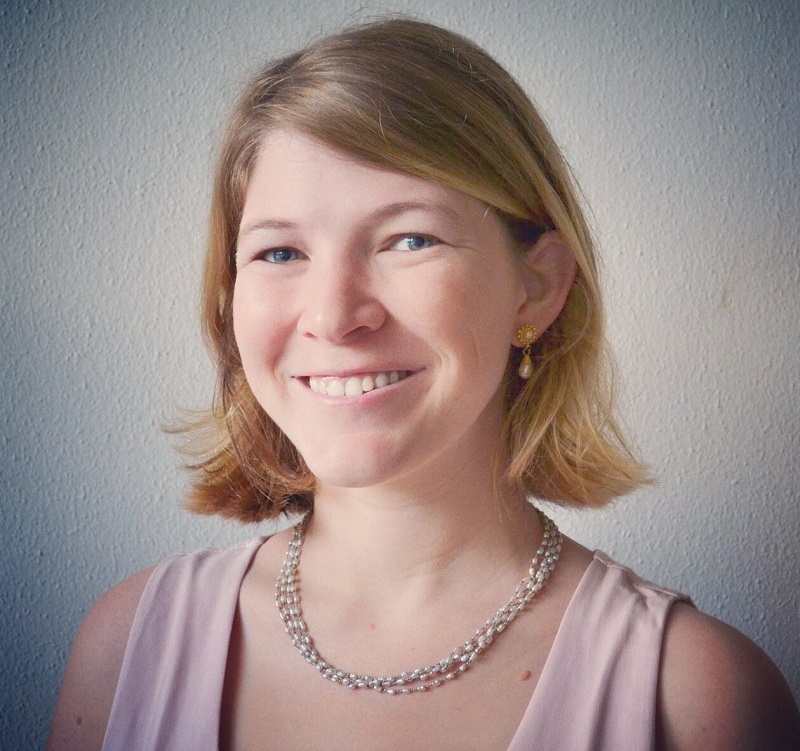 ALABAMA ARISE
ALABAMA ARISE
Alabama is entering the 2021 legislative session, one year into the COVID-19 pandemic. For advocacy groups serving working-class families, Medicaid expansion is the top priority.
“Medicaid is more popular now than it ever has been before,” said Jane Adams, the director for the Cover Alabama Coalition. Adams has partnered with more than 100 organizations—businesses, community organizations, health care providers and religious congregations—advocating for better, sustainable health care for all people in Alabama. The coalition is a project of Alabama Arise, a nonpartisan nonprofit in Montgomery that’s worked for more than 25 years with the goal of ending poverty in the state through policy.
[Related: Alabama’s Essential Workers Lack Access to Basic Health Care, Services, Report Says]
Adams, a ninth-generation Alabamian, said her own family has struggled at times to work and afford health care. She’s seen the ways Medicaid, long underfunded in Alabama, has left people frustrated and worried.
“There is a remaining concern that accepting federal dollars means D.C. will have control. But [Medicaid] is a state-run program. And if you have adequate representation in Washington, D.C., people can partner to help you manage a federal program,” she said.
The following interview is part of a series on health care and Medicaid expansion in Alabama, edited for length and clarity.
The conversation

Jane Adams
Katherine Webb-Hehn: Who is in support of Medicaid expansion and why?
Jane Adams: Doctors, hospitals and nurses support it.
Businesses support it.
This has broad support among voters and would be a real economic benefit, a real economic stimulus. [Expansion] could potentially create 50,000 jobs.
So what’s the challenge?
Adams: There’s a prioritization problem in Montgomery. Alabama made a mistake by not expanding when the 100 percent match was around, but who ends up getting hurt? Low-income working class folks in the state. That’s not fair.
I have a lot of respect for Gov. [Kay] Ivey. She is somehow able to find money to pay for things she wants to pay for. When asked about Medicaid expansion, she will say, “Well, how are we going to pay for that?”
I have full confidence in her that if she felt completely comfortable with a plan moving forward on expanding Medicaid—this is how it’s going to be done, this is who’s going to benefit—and that was her number one priority, she would find funding for it and the Legislature would too. Because in the [grand] scheme of things, it’s really not that much money.
States that have expanded Medicaid [including many Southern states like Virginia] have ended up seeing savings in their budget because they had more tax revenue coming in.
The federal government had been offering to pay for it for a long time. And we turned them down and turned them down and turned them down. Now [they’re offering] 90 percent. So, for 10 cents on the dollar, we [could] cover 400,000 Alabamians.
Those 400,000 people make too much for Medicaid currently, but too little for a subsidy on the Affordable Care Act marketplace, because Alabama did not adopt the expansion that would allow for them to get that benefit. Who falls in this coverage gap?
Adams: These are the construction workers, the people that are building Alabama, building your roads.
These are the people that are putting roofs on the new business that you put up in town.
These are child care workers, the people that are taking care of your kids. These are home health workers, the people that are taking care of your parents.
These are grocery store employees, and a ton of essential workers. These are folks that are working in landscaping.
These are hard-working folk that, through no fault of their own—other than the fact that they live in Alabama—don’t have health insurance. Because if they lived in Arkansas, they would.
What’s really offensive to me is that their tax dollars that they send to Washington, D.C., every year are going to pay for somebody in Arkansas to have Medicaid expansion.
How are those working-class Alabamians already paying for Medicaid expansion?
Adams: Since 2014, Alabama has paid $4 billion of our taxpayer dollars to go to Washington, D.C., to Medicaid expansion and other states—$168 million to Kentucky alone.
That doesn’t get talked about enough: We’ve been paying for Medicaid expansion. We just don’t get any of the benefits.
My focus and the focus of our coalition is 100 percent on these low-income working families who deserve that benefit.
This is a collaboration between Youth Today and Scalawag, a journalism and storytelling organization pursuing justice and liberation in the South. Support is provided by the Community Foundation of Northeast Alabama. Youth Today is solely responsible for the content and maintains editorial independence.































